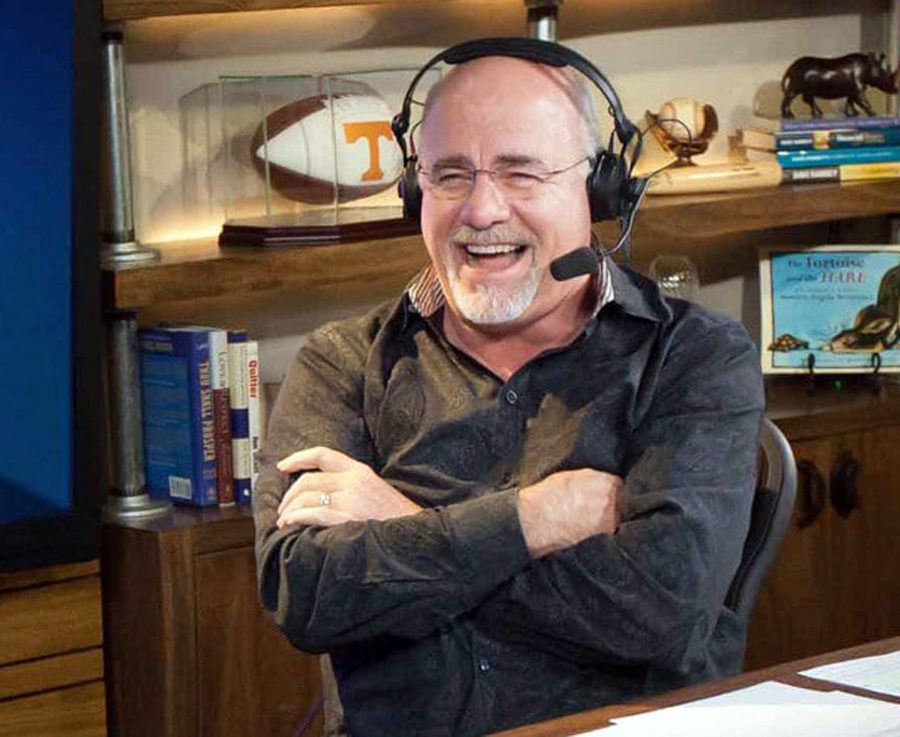![ArcherThumb[0].jpg](https://www.corpmagazine.com/wp-content/uploads/2013/12/ArcherThumb0.jpg)
 By Dennis Archer
By Dennis Archer
April 16, 2009
The Federal Stimulus Package
For those of us who have been wondering what we’re likely to receive in the way of dollars in the areas of health care, education, transportation - what that might mean for road improvements for our respective states - each state has been given an overview of what they might expect. This is based on the applications sent to the federal government by the governors, the mayors or the heads of large counties. Once that legislation was passed, and the guidelines were set out, each state was notified about the dollars they can expect to receive in each of those areas.
Governor Granholm, in Michigan, has announced in broad strokes what we can expect to receive in transportation dollars, for example. That money then goes to the state which has the enormous responsibility to then use that money to maintain our highways, our bridges and overpasses and the like. That’s at the state level. Large counties and cities, such as those headed by Mayor Nutter in Philadelphia or Mayor Cockrell in Detroit, or Mayor Fenty in Washington D.C., now know what money they can expect to receive.
There’s a fair amount of excitement across the country, knowing that something for major improvements is on the way. But, there is still a need for assistance for those who are unemployed or those who are losing their job. For those who are eligible for unemployment there is an extra amount per month - which may not sound like much - but when you’re out of work every dollar you can receive is very helpful to your family.
Timing - or “shovel-ready”
The phrase “shovel-ready” has been closely associated with the stimulus package. That’s because President Obama and members of Congress on both sides of the aisle want the money in the package to be spent right now, not sometime in the future. They want to create jobs and put people to work. There were differences of opinion between Congressional Republicans and Democrats as to the manner in which the funds should be expended. Republicans felt that there should be more in the way of tax breaks so that money could flow to businesses and then to their employees, while Democrats felt that projects which helped improve the infrastructure, while at the same time they increased employment, were the best approach. Shovel-ready projects obviously won out for the most part and now more people will be hired to go to work in the next few months and help support their families.
One result of shovel-ready projects is that we’ll all see a lot more orange cones this summer. Michigan State Senator Irma Clark-Coleman, who serves on the Federal Stimulus Oversight committee, assures us all that they will be out there and for us all to realize that they are a visible reminder of thousands of Michiganders who are working again.
Light Rail
The light rail project that has been talked about from downtown Detroit to the New Center area isn’t scheduled to receive any stimulus money because it is being funded to a great extent by private funds. There is opportunity in the future for money from other sources to be applied to extend it out to as far as Royal Oak. There is also talk of a rail project that would run from Lansing to Ann Arbor, from Ann Arbor to Ypsilanti, on to Metropolitan Airport and then to meet up with the planned M1Rail line in New Center. That, too, may well happen as a part of the federal government’s new emphasis on mass transit. But not as part of the stimulus funds because of the timing involved.
Education
Governor Granholm is strongly committed to education, as am I. The money coming from the stimulus fund for education is going to relieve a great deal of economic pressure on our schools at all levels. I am sure that both parents and students will benefit as well. We as a state must be competitive in order to provide businesses that we want to stay here, or attract from other states, or - more importantly - to attract from other countries with a trained and educated workforce. To do that we’ve got to have a dynamic educational process that goes not only from kindergarten through 12th grade, but provides appropriate choices for students to attend strong community colleges or four-year institutions. The process should also encourage advanced degree offerings.
Michigan has lost hundreds of thousands of jobs, mainly in the manufacturing sector. At the same time, there are close to 100,000 jobs in the state that are going unfilled because there are not enough qualified or trained people locally to fill them. Many of these jobs are in health care. It is ironic that we have all of these men and women who have been successful in their chosen fields, mainly in manufacturing, who now can’t find work because they lack the necessary training for the jobs that are available. It is incumbent on governments at all levels to say to their constituents ‘here is where the jobs are, where the jobs of the future will be, and here’s how you can be retrained to take advantage of those jobs.’
Education is a responsibility we all share.
More next time.
Dennis Archer is currently chairman, Dickinson Wright PLLC. He has previously served as chairman, board of directors, Detroit Regional Chamber; president, American Bar Association; Mayor of Detroit, 1994-2001, during which he was President, National League of Cities and Associate Justice, Michigan Supreme Court, 1986-1990. Mr. Archer has also served as president of the American Bar Association and served on many local, regional and national committees. He can be reached at [email protected].







